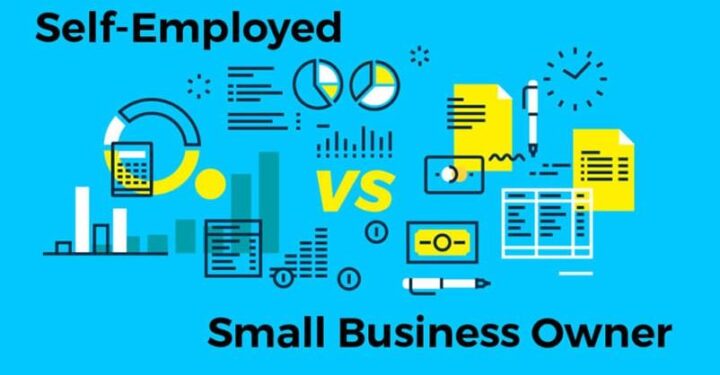The difference between self-employed vs. small business owner can significantly affect your business expenses, the personal liability you are exposed to and how you file taxes.
In this article, we will explore the differences between being self-employed and becoming a small business owner.
Continue reading to learn more about the central characteristics and differences, legalities, tax requirements and some pros and cons of each.
How is self-employed defined?
Self-employment means that you are the sole proprietor of the business, a member of a business partnership or an independent contractor.
Sole proprietor
A sole proprietor is a one-person business without a legal entity like a corporation, LLC or partnership. You are the only business owner and are fully responsible for all financials, including any potential debt. A sole proprietorship is typically the easiest business type to start.
Partnership
A partnership is similar to sole proprietors in that there is no legal entity separate from the individuals in the partnership. They are responsible for all financials and are not considered employees for tax purposes.
Independent contractor
An independent contractor works for another person or business, but is not considered an employee. An IC can be registered as any type of business entity, but in practice, most are registered as sole proprietors.
Regardless of how you are self-employed, the primary characteristic is that your business cannot expand beyond your individual capacity. is tramadol an over-the-counter drug







